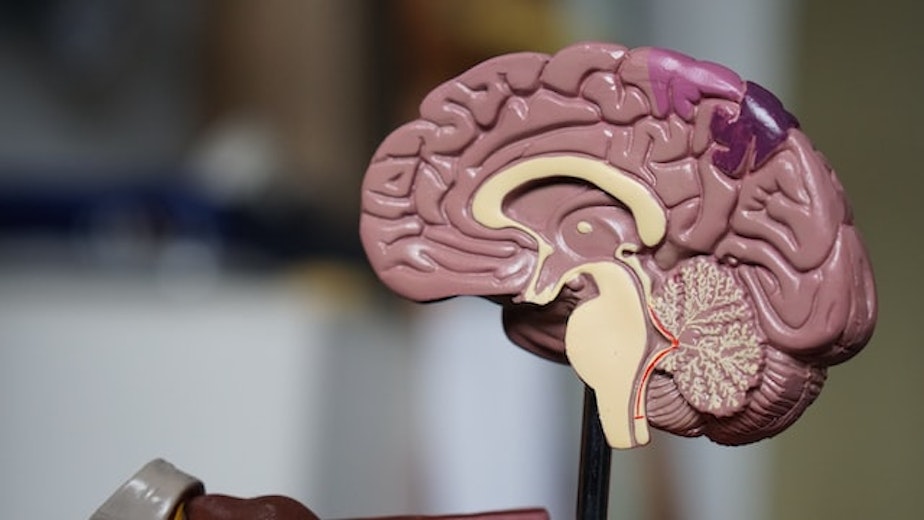Brain changes are in the national spotlight, stigma and inaccuracy included

When Dianne Feinstein returned to the Senate last week, Democrats with an eye on the progress of their party's judicial nominees breathed a sigh of relief.
Although, her return has raised more concerns as she's continued to exhibit signs of short term memory loss. That's taken a few forms over the past couple of years like asking the same question twice in a Senate hearing with the former CEO of Twitter. After her return to work, reporters who caught up with her at the Capitol said she appeared confused and denied that she had ever been absent. Feinstein herself says she is prepared to resume her duties with a lighter schedule as she recovers from the shingles virus.
For some, the trailblazing senator has become a political problem for Democrats in a closely divided chamber of Congress. Others see a symbol of things to come, how our society struggles to deal with an aging population and the memory problems that threaten to swamp our long term care system.
Many others see a very relatable story unfolding, like those who have dealt with the confusion and pain of addressing a loved one's memory loss. It's a fearful journey, you start scrutinizing things that they say or do and you worry about any escalating signs of cognitive issues that could someday take them away from you.
You also don't want to jump to conclusions or catastrophic thinking about what they're going through, and it's hard to know how to talk about any of this without overstepping or disrespecting the independent person that you know and love.
Sponsored
Plus, there's the social stigma about memory loss or dementia.
"I mean, it wasn't that long ago that we were referring to people as senile," said Kelsey Wood, a dementia program specialist at the Northwest Regional Council. "We have all sorts of euphemisms in our culture around memory loss and brain change and that can be really hurtful and really damaging."
Wood refers to memory loss or dementia as brain changes. And she advises family members of someone with brain changes to start conversations early and not wait until something catastrophic happens.
Wood also encourages people with brain changes to continue to be involved in life and community.
"We as a society can become more educated on how to be friendly to people with dementia, how to be welcoming to people with dementia is actually interacting with people," Wood said.
Sponsored
Allison Lindauer is an associate professor of neurology in the Oregon Health and Science University School of Medicine and works at the Layton Aging and Alzheimer's Disease Research Center.
Lindauer said that a recent trend of people accessing care earlier is promising.
"We're learning that we have to diagnose Alzheimer's disease super early in the disease process in order to make important changes. So for example, the newer drugs are coming out are really only for people in the very, very early stages," she said.
Even though dementia is a progressive disease, Lindauer says that it’s important to avoid something she calls therapeutic nihilism, the idea that nothing can be done for someone with the disease.
"Some of my patients, I have them meet with a speech therapist who specializes in memory," she said. "If they're having more trouble walking, I get them with a physical therapist. If they're having depressive symptoms, we treat that. I mean, there's lots that can be done even in the moderate and late stages."
Sponsored
Listen to the full Soundside interview by clicking "play" on the audio above.






